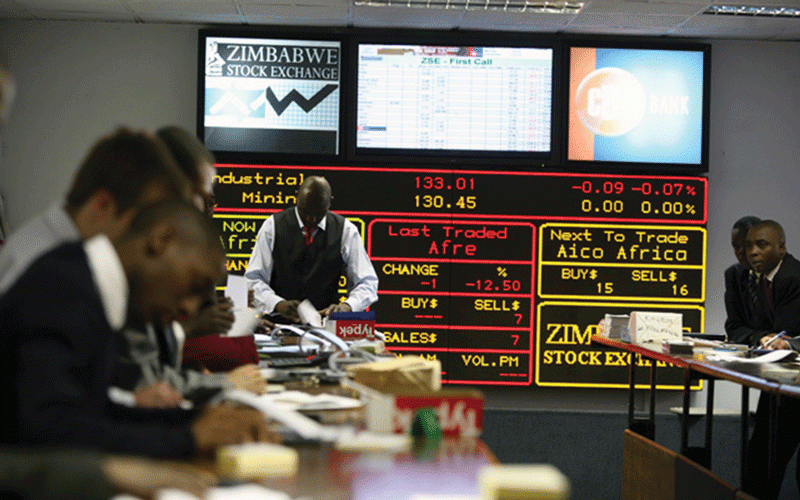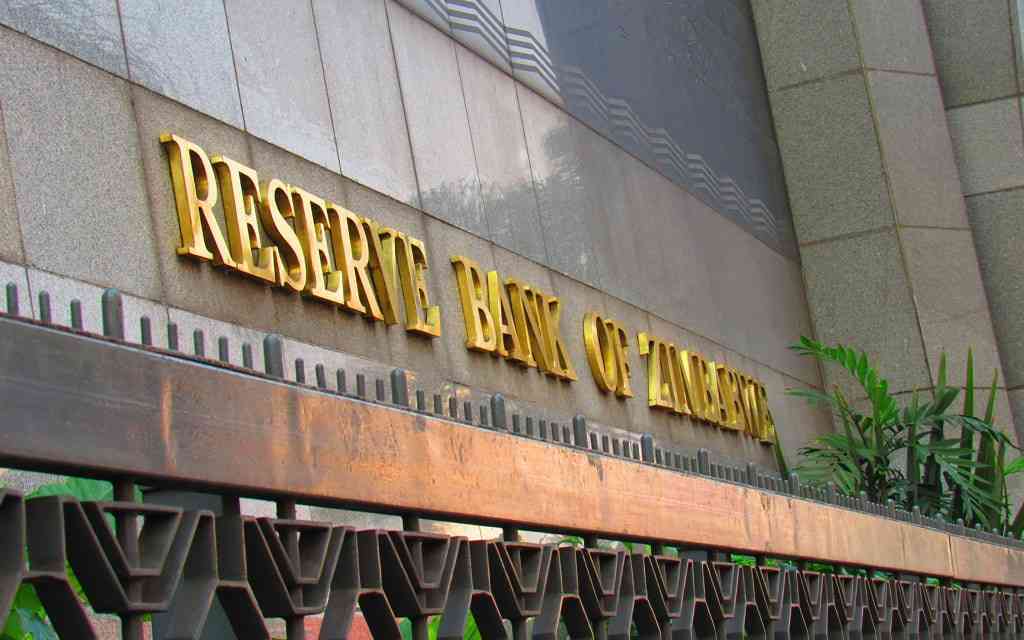
THE asset management sector's stock market exposure decreased by 9,39 percentage points to 44,61% in the second quarter of this year as investors shifted their focus from the equity market to real estate.
In the previous quarter, the industry’s exposure stood at 54%.
However, the sector’s exposure to property increased to 36,77% from 34,27% recorded in March 2023, according to the Securities and Exchange Commission of Zimbabwe (SecZim)’s second quarter report.
The report also noted a marked increase in money market investments from 4,68% recorded in March 2023 to 10,59% recorded as at June 30, 2023.
“Increase in exposure to property and money market is largely attributable to divestment in equities. Private equity, cash or call deposits and bonds all account for the remaining 8,03% investment exposures for the asset management industry,” it said.
Funds Under Management (FUM) stood at ZW$14,13 trillion in the period under review, representing a 472% increase from the previous quarter.
The industry FUM average for the period stood at ZW$565 billion.
The year-on-year comparison shows a 1 066% increase in FUM from the comparable quarter.
- Stop clinging to decaying state firms
- Piggy's Trading Investing Tips: De-risking mining projects
- Chance to buy 'undervalued' counters: FBC
- Zimbabwe's capital markets collapse
Keep Reading
“The sector’s exposure to the stock market declined to 44,61% from 54% recorded in March 2023,” the report said.
Financial analyst Ranga Makwata said in the past few months stock markets have generally been offering less attractive prospects for investors for a number of reasons, chief among them regulatory pressures.
He cited the example of increases in capital gains tax and increases in interest rates, which resulted in investors moving away from the stock markets to the money market.
“They had to sell their assets to try and reduce their borrowings. And also there is also an increase in other sectors. So there is a diversification at play.”
Makwata said investors are trying to diversify their assets away from stock markets, favouring assets such as property.
“They are looking for other avenues that offer a different prospect to the stock market,” he said.
The financial analyst said these market instruments are “quite attractive.”
“Some of those instruments are mostly structured products where investors are investing in certain products that are in different aspects which are giving them high prospects, for example, some are funding farmers,” he said.
“Investors or institutions are putting money into blueberry farms because there is a quick turnaround and also they generate United States dollars since they are exported.
He added: “Growing interest in horticulture is funding things like plantations especially of nuts, macadamia and so on. So there is that diversification that is taking place mostly because the market right now is not looking attractive.
“Fundamentals of some businesses, for example in the retail sector, are not looking good. But of course, there are some other good areas, for example, Deltas and Simbisas where they are seeing increasing volumes taking place.
“Investors are diversifying away from stock markets and being lured into other alternative investments like properties, private equity, where they are investing directly in private businesses that have got scope for growth.”
In the period under review, the total turnover for both the equities and exchange traded funds (ETFs) on the Zimbabwe Stock Exchange (ZSE) amounted to ZW$136,7 billion. Equities recorded ZW$135,78 billion while ETFs achieved ZW$493 million.
Real estate investment trusts (REITs) recorded a total turnover of ZW$1,11 billion on the ZSE. Financial Securities Exchange (FINSEC) recorded a total of ZW$162,05 billion worth of trades while Victoria Falls Exchange (VFEX) recorded US$6,61 million from 2 230 trades that went through the foreign currency denominated exchange for the quarter.
The ZSE gained 314% for the quarter with a market capitalisation of ZW$13,99 trillion. The FINSEC Alternative Trading platform’s market capitalisation closed at ZW$162,05 billion, a 1,022% quarter on quarter increase.
The VFEX market capitalisation went up by 29,44% to US$1,29 billion. During the period, there was listing of three additional issuers on the foreign currency-denominated bourse, namely African Sun, First Capital Bank and West Properties.
The ZSE All-Share index was reported at 171 408,90 points, up 344%. The waterfall bourse reported bearish sentiments as shown by a quarter-on-quarter decrease of 17% to 76,17 points.
As of June 29, 2023, the exchange rate was US$1: ZW$5 739, 80











